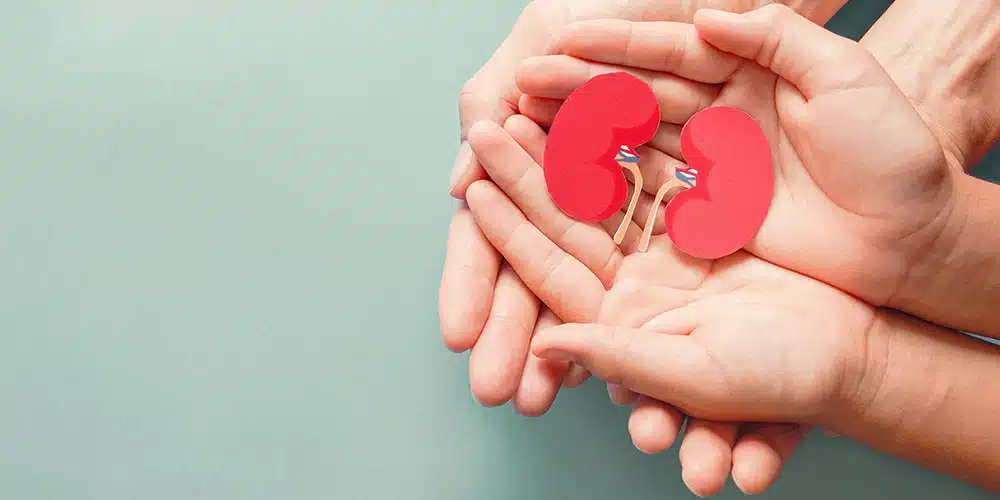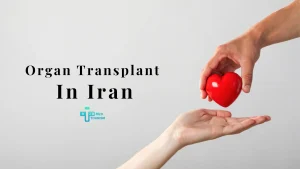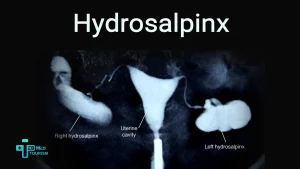What Happens During Kidney Transplant Surgery?
A kidney transplant operation usually takes about 4-6 hours. Patients will be under general anesthesia for the whole process. The surgeon makes an incision in the kidney area and puts the donor’s kidney in. Then the blood vessels would be attached, and the ureter (a tube that carries the urine out of the body) would be connected to the bladder. The incision opening would be sewn using stitches, staples, or special glue. For taking out extra fluids that have built up during the surgery, a drain may be placed inside the patient’s abdomen. Also, a stent may be placed into the ureter to help with peeing, which will be removed 6-12 weeks later using a simple procedure.
Recovery after Kidney Transplant
Hospitalization for a kidney transplant recipient usually takes about 7-14 days. You may be able to walk around the day after your transplant. After two weeks, you will feel much better; however, you should not drive, lift heavy objects (more than 10 pounds), or do hard work for about a month. It is recommended not to go to work for 6 to 8 weeks and to resume light activities after that. Meanwhile, you need to be in touch with your kidney transplant coordinator and ask your possible questions during the recovery period. To prevent kidney rejection, you have to take your medications every day. In the early weeks, you need to visit your doctor 2 or 3 times per week in order to ensure your body is healing well. The visits get less frequent over time. You will recover faster if you stay active. Your physician may recommend safe exercises for you. But contact sports like soccer will be dangerous for your health because they may harm your donor kidney. Also, keeping a healthy lifestyle is very essential. You should quit smoking and drinking. You can use the help of a dietician to have a healthy diet so that you could keep your blood sugar and blood pressure under control.
Related articles: WHAT IS THE KIDNEY TRANSPLANT PATIENTS’ DIET AFTER THE SURGERY?
Keep Your Transplant Safe
To keep your donor kidney safe, you have to follow your transplant team’s instructions closely to speed your recovery and prevent your new kidney from getting rejected.
- Keep going to all of your check-up appointments
- If you have any questions about your medications, do not hesitate to ask.
- Take the right dose of your medications in the set time
- Follow the guideline of your diet and exercise
When Should I Call a Doctor?

Having a kidney transplant increases the risk for diseases such as high blood pressure and diabetes. Getting an infection after kidney transplantation is another problem that you should be careful about. Infection can occur at the incision site or another form of infection that affects your body because of taking anti-rejection medications (immunosuppressants). Moreover, there is a risk of kidney rejection. You need to call your doctor if have the following symptoms:
- Fever
- Pain, especially while peeing
- Sudden decrease in urine output
- Nausea
- Vomiting
- Sudden weight gains in a short time
If you follow your medications in time, you may do well after the transplant. But if you notice any of the above symptoms, you need to talk with your transplant team.
Kidney Transplant Results
After a successful kidney transplant, you will not need dialysis anymore. A donor kidney transplant can last on average 15 to 20 years. Some will last for a longer time and some for a shorter time. Yet, if your new kidney fails, you can resume dialysis or consider a second transplant surgery. One of the most important things before a kidney transplant is deciding about the destination country and the transplant team. Kidney transplant in Iran has a long history of successful operations thanks to the most professional medical team and high-technology equipment. Besides, because of the current currency devaluation in Iran, you can take advantage of the best quality medical and non-medical services at a very low price. For getting further information in this regard, you can contact our consultants at TebMedTourism for free 24/7.
If you need more information on this topic and want to consult, contact us NOW.
The consultant medical doctors of TebMedTourism Co. are at your service for free.














